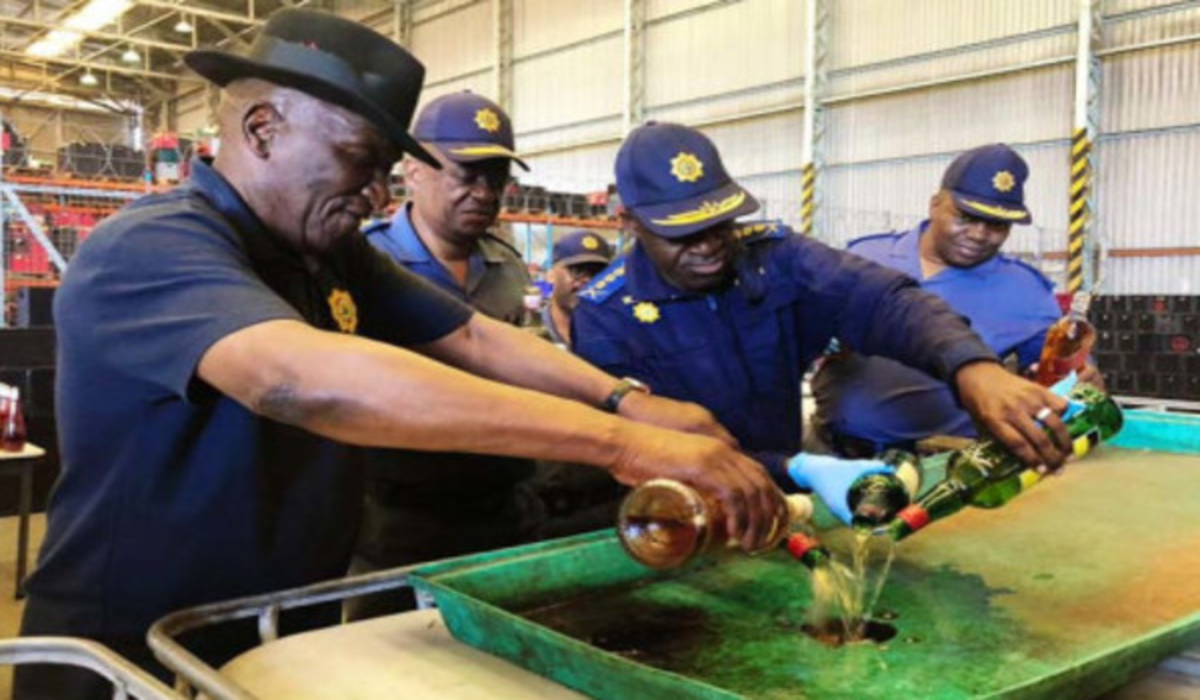South Africa should be more prepared as she moves to level 4 lockdown and grapples with the fairly unknown and fast-spreading Delta strain of Covid-19.
In his address last night, President Cyril Ramaphosa said the delta variant has been detected in Gauteng, the Eastern Cape, Free State, KwaZulu-Natal and the Western Cape.
Covid-19 has had a tight hold on the country for the past few weeks, with Gauteng experiencing the worst of it, making up 60% of infections in the past week.
Ramaphosa put the country under level 4 from today until July 11 with tighter restrictions that included a total ban on the sales of alcohol, the prohibition of all political, social and religious gatherings and curfew between 9pm and 4am. Attendance at funerals is limited to a maximum of 50 people.
Public parks and beaches will remain open with no gatherings.
“Our ministerial advisory committee has advised that the limited restrictions previously imposed were not that effective and that a prohibition will ease the pressure that is placed on hospital services by alcohol-related emergency incidents.
Because of the burden of infections in Gauteng, travel in and out of the province for leisure purposes will be prohibited. This does not include work, business or commercial travel …”
Under level 4, visits to old age homes will be prohibited, while restaurants will only be allowed to sell food for takeaways or delivery. Closure of schools for winter holidays has also been brought forward.
“Schools will start closing from this Wednesday, June 30, and all schools will be, closed by the end of the week, on Friday. Contact classes at tertiary institutions will end by Wednesday, June 30, with limited access to the institutions.” Further announcements about varsities will be made during the week.
“Most businesses will continue to operate at full capacity and should not be affected. Our focus is on limiting social contacts while preserving the economy… All employers must allow their staff to work from home wherever possible, and should postpone all non-essential travel and workplace gatherings,” he added.
However, these restrictions did not sit well with some industries, which argued that limitations placed on Gauteng affect the entire country.
“The majority of domestic leisure travel comes out of Gauteng. When we say there is no travel in and out of Gauteng you are effectively saying the majority of the industry should stop functioning for the next 14 days. That is not good …,” said Tshifhiwa Tshivhengwa, CEO of the Tourism Business Council of SA.
Meanwhile, Sibani Mngadi of the SA Liquor Brandowners Association said the total ban on alcohol sales would have dire consequences.
“The decision to ban alcohol will place jobs at risk at the time where government doesn ’ t have fiscal resources to provide support for those workers who find themselves unemployed.
“The ban is being implemented without any consideration of any form of economic relief for businesses and employees of the industries that are being restricted. It is an unfortunate situation in the context of many resources allegedly lost through corrupt relief claims. This … will only fuel the growth in the illicit trade of alcohol…”
